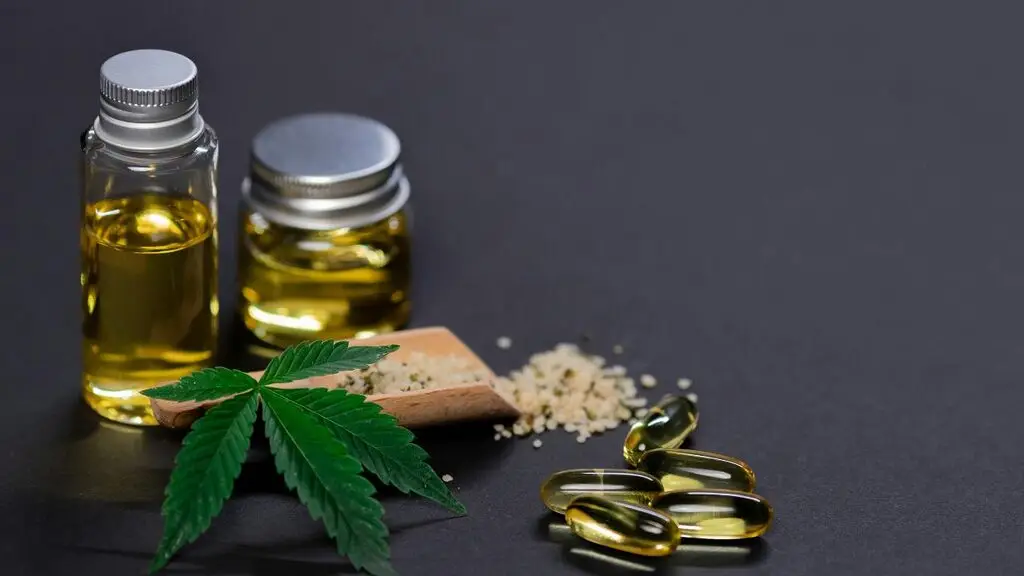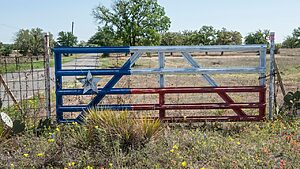The debate over marijuana’s addictive properties has been a contentious issue for years, often divided by cultural perceptions, personal experiences, and scientific research. As marijuana becomes more widely accepted and legalized for both medicinal and recreational use across various states, understanding its potential for addiction is more important than ever. This article explores the question of whether marijuana is physically addictive and discusses how Texas Recovery Centers can offer support to those who might be struggling with dependence or addiction.
Understanding Marijuana Addiction
Marijuana, known scientifically as cannabis, contains psychoactive compounds, with delta-9-tetrahydrocannabinol (THC) being the most well-known. These compounds interact with the brain’s endocannabinoid system, which plays a role in regulating mood, appetite, memory, and pain sensation. The pleasurable effects produced by THC are what generally lead to its use, but they can also contribute to the misuse of marijuana.

Physical vs. Psychological Dependence
Addiction specialists often distinguish between physical dependence and psychological addiction. Physical dependence occurs when the body adapts to a drug, leading to withdrawal symptoms upon cessation. Psychological addiction, on the other hand, refers to compulsive drug-seeking behavior driven by an emotional or mental need.
While traditionally, marijuana was thought to be only psychologically addictive, recent studies suggest that long-term, heavy use can lead to physical dependence. This is particularly evident in individuals who start using marijuana at a young age or those who consume it in large quantities. Symptoms of withdrawal can include irritability, mood swings, sleep difficulties, decreased appetite, cravings, and restlessness, indicating the body’s adaptation to the presence of THC.
Recognizing Marijuana Use Disorder
Marijuana use disorder is a term used to describe the scenario where the use of cannabis causes significant impairment or distress, including health problems, persistent or increasing use, and failure to meet major responsibilities at work, school, or home. The disorder exists on a spectrum from mild to severe, often referred to as addiction when it becomes severe.
Seeking Help: Texas Recovery Centers
If you or someone you know is struggling with marijuana dependence or addiction, Texas Recovery Centers is here to help. Our comprehensive treatment programs are designed to address both the physical and psychological aspects of addiction, offering a path towards recovery that respects the individuality of each patient.
Our Approach to Treatment
Texas Recovery Centers provide a supportive and nurturing environment where individuals can address the underlying issues contributing to their addiction. Our services include:
- Medical Detoxification: Safely managing withdrawal symptoms under medical supervision.
- Individual Therapy: Exploring personal triggers and developing coping strategies.
- Group Counseling: Sharing experiences and learning from others in similar situations.
- Holistic Therapies: Enhancing recovery through experiential therapies.
Recovery doesn’t end with treatment. Texas Recovery Centers offer aftercare planning and support to help individuals maintain their sobriety, navigate challenges, and continue their journey towards a healthier life.

Take the First Step Today
If you’re concerned about your own or a loved one’s marijuana use, it’s important to seek professional advice. Texas Recovery Centers are committed to providing compassionate, evidence-based treatment for those facing marijuana dependence or addiction. Our team of experts is ready to support you every step of the way.
Don’t let marijuana control your life. Reach out to Texas Recovery Centers today at 888.354.2194, and take the first step on the path to recovery. Your journey to a healthier, substance-free life starts with a single call. Contact us to learn more about how we can help you achieve lasting recovery.













